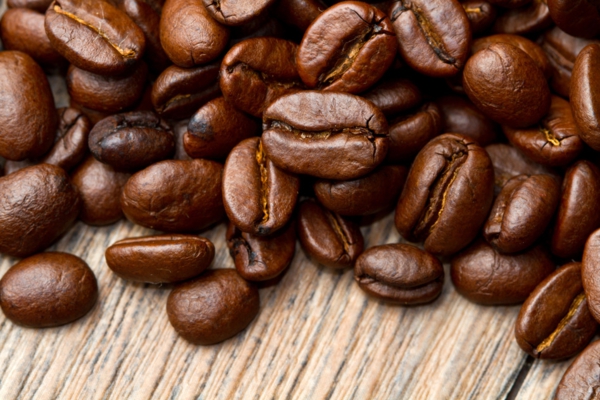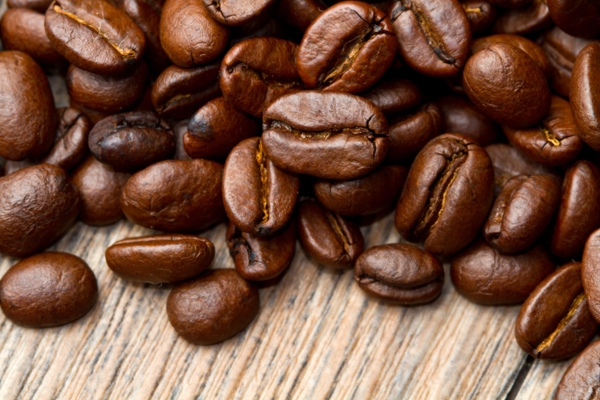It seems like every month you read a new article about how coffee (caffeine) can help you or make you live longer but we’ve all also experienced that moment when we’ve had one coffee too much. We can feel jittery, hyper, manic, easily frustrated and sometimes irritable to be around and if that weren’t enough, you know what it’s like when you haven’t had your coffee in the morning. You may experience something different from what is written because you know that caffeine is bad for you.
Don’t Believe Everything You Read
Clinical studies have been performed on drinks that are high in caffeine and have offered mixed results. Some studies say that caffeine can aid in weight loss where others can lead to weight gain. In some cases caffeine can help you live longer and in others it can cause premature heart failure. Where is the line drawn? It can be hard to find out the truth behind the media headlines following results of experiments without reading the actual studies yourself so it is better to be skeptical about the overzealous claims made by newspapers and online news sites.

What’s the Consensus?
Like many drugs, caffeine is highly toxic when ingested in large amounts but low doses can have only moderate health risks. Caffeine has been shown to aid in fighting some types of cancer but the negatives to your overall health can outweigh any positives gained. Some positive effects are that caffeine can increase metabolism and promote a feeling of alertness (though many studies have shown that the feeling of alertness only masks fatigue and that those taking caffeine perform about as poorly as someone who is sleep-deprived, despite feeling more awake). The typical side effects experienced by most people from caffeine consumption are sleep disruptions like insomnia, caffeinism (a chemical caffeine dependency or addiction), in high doses it can impair coordination, increase nervousness, restlessness, and cause headaches. Even heart palpitations can be experienced directly after consuming caffeine.
The Net Result
Caffeine products should be severely limited in your diet. There are some positive studies about minor consumption being connected with a lower risk of cancer, but at higher doses can lead to innumerable negative side effects. It is best to stay away from the substance as much as possible and if you do decide to ingest it, stay away from high caffeine sources like coffee, sodas, or energy drinks.
Kevin O’Connor wrote this article on behalf of E Fact Energy a new all-natural energy supplement.
The Dangers Of Caffeine

